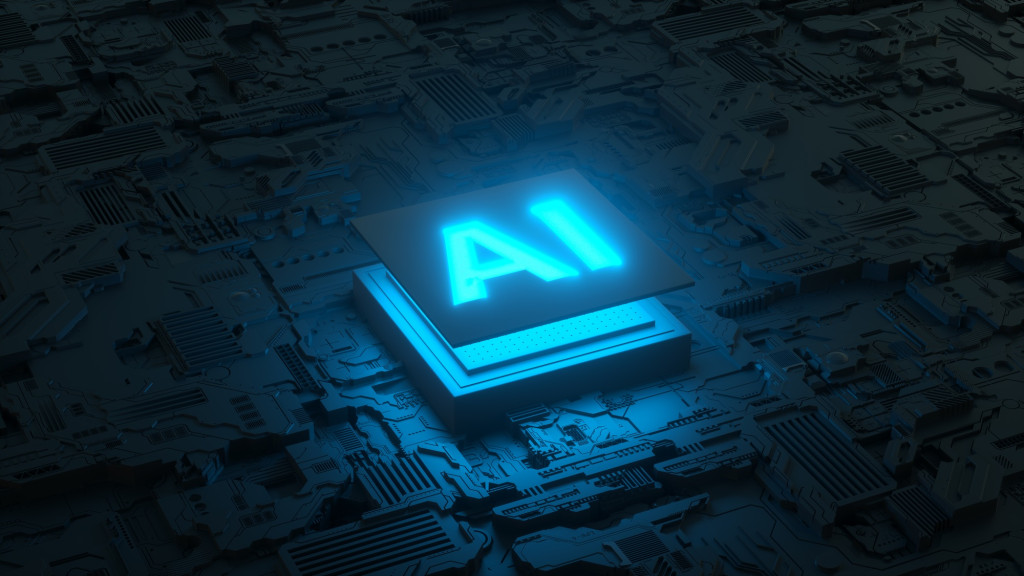Toward trust and oversight in advanced AI: UN’s Scientific Advisory Board explores frontier AI verification
By framing verification as a technically grounded and politically relevant objective, the Scientific Advisory Board contributes to an emerging conversation about how the world might manage the development of frontier AI without compromising security or fairness.

In a new policy-oriented brief titled ‘Verification of Frontier AI,‘ the UN’s Scientific Advisory Board offers a technical and strategic assessment of how emerging mechanisms could help verify claims about advanced AI systems. This effort comes amid growing concerns that the development of highly capable AI, referred to in the brief as ‘frontier AI’, could drive international instability and competition if left unchecked. The brief does not represent the official stance of the UN or its agencies but reflects an independent evaluation by contributing scientists.
The concept of frontier AI encompasses general-purpose models with capabilities at or beyond the most advanced systems currently in existence. These models are being developed for broad application across sectors like healthcare, finance, agriculture, transportation, and national security. As their capabilities expand, frontier AI systems have increasingly become matters of strategic interest to governments, prompting fears of an AI arms race and a breakdown of established norms. These developments underscore the urgency of introducing mechanisms that can verify claims related to the development, capabilities, and use of such systems, without undermining confidentiality or competitive interests.
According to the brief, AI verification refers to the ability to independently attest to key properties of AI systems, including how they are trained, what capabilities they demonstrate, and whether safety testing has been properly conducted. The ability to verify such claims could serve multiple purposes: building international trust, supporting responsible AI development, deterring misuse, and laying the groundwork for governance arrangements that align with public safety and geopolitical stability.
Current verification capabilities and limitations
While the concept of verification is central to other domains, such as arms control, finance, and aviation, the brief acknowledges that verifying frontier AI poses unique challenges. Many technical properties of these systems are difficult to observe externally, and even developers themselves struggle to fully understand or predict the internal dynamics of their models. AI interpretability techniques are still too underdeveloped to reliably verify what models are capable of or how they arrive at specific outputs.
Nevertheless, the brief highlights several elements of AI development that are potentially verifiable in the near term. These include the amount and allocation of compute resources, the origin of training data, the geolocation of AI training infrastructure, and adherence to safety protocols. Verification approaches under consideration range from human-led audits and whistle-blower protections to cryptographic techniques and hardware-based attestations.
The role of compute in verification
The brief identifies compute, the computing power needed to train and run advanced AI systems, as one of the most promising leverage points for verification. Compute is central to AI development, highly resource-intensive, physically traceable, and more difficult to duplicate or obscure than code or data. Most frontier AI systems rely on large-scale data centers, often using hardware supplied by a small number of manufacturers. These conditions make compute a practical and measurable point of intervention.
Compute-based verification could take several forms, including:
- Audits of compute allocation and usage patterns
- Licensing systems requiring AI developers to register large training runs
- Integration of verification tools into compute hardware
Such mechanisms could enable governments or international bodies to monitor where and by whom frontier AI systems are developed, including potentially adversarial actors, without demanding access to sensitive model details.
Hardware-enabled mechanisms
One strand of research described in the brief focuses on embedding verification capabilities directly into computing hardware. These hardware-enabled mechanisms could verify selected properties of AI training runs, such as energy usage, bandwidth, or compute load, without revealing internal information. This approach may help establish a foundation for verification in environments where trust between parties is limited.
However, several technical and operational barriers remain. On-chip verification mechanisms are not yet widely available and would require substantial investment and coordination to develop and deploy at scale. Challenges include supply chain security, tamper-resistance, and the need for multilateral audits to prevent hidden vulnerabilities or surveillance features.
Governance functions and political challenges
Verification could serve a range of functions in future AI governance frameworks, including:
- Detecting violations of agreements
- Deterring non-compliant behaviour
- Enhancing transparency of AI capabilities
- Supporting agreement on standards and thresholds
Despite its potential, AI verification may face political resistance. Governments or private actors might see such systems as intrusive or as exposing sensitive national or proprietary information. To address this concern, the brief outlines techniques such as confidential computing, jointly operated data centers, and cryptographic protocols that allow verification without compromising system integrity.
Outlook
The brief concludes that although verification of frontier AI is a complex undertaking, incremental approaches—beginning with compute tracking and evolving toward hardware-integrated systems—could be feasible. These mechanisms would not only improve oversight but could also help defuse tensions in an increasingly competitive technological landscape. Developing effective AI verification will require coordination among governments, private companies, and standards bodies, alongside sustained investment in secure and trusted technological infrastructure.


